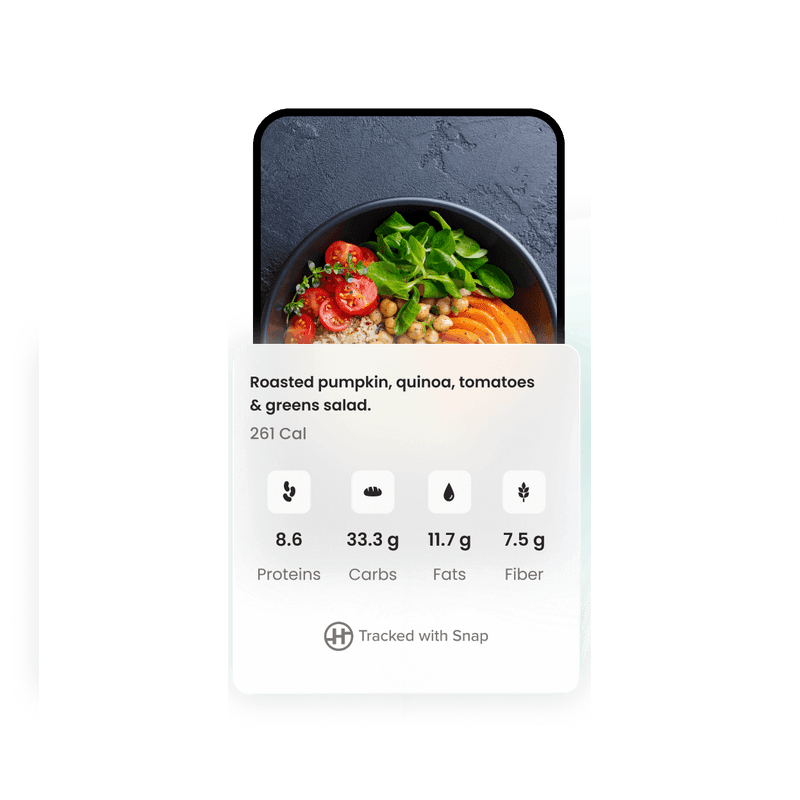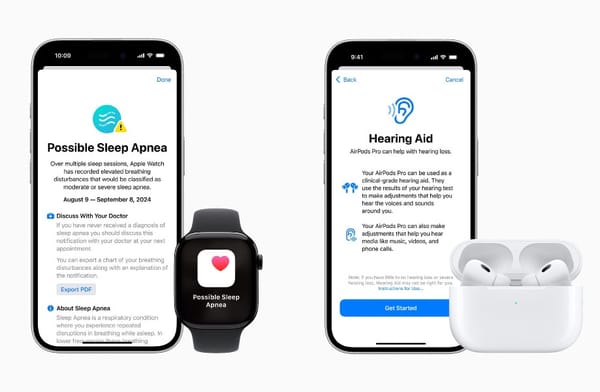In an era where technology continues to revolutionize healthcare, a new and intriguing method of health monitoring is emerging: voice analysis. This innovative approach uses the subtle characteristics of a person's voice to potentially detect and track various health conditions, from respiratory issues to mental health concerns. As we delve into this fascinating field, we'll explore how your voice might become a powerful tool in maintaining your well-being.
Key Takeaways
- Voice analysis technology can detect subtle changes in speech patterns that may indicate health issues.
- Researchers are exploring its use for monitoring respiratory conditions, mental health, and even diseases like Parkinson's and diabetes.
- While promising, this technology raises important privacy and data protection concerns.
- Voice-based health monitoring could provide continuous, non-invasive health tracking in the future.
- More research and development are needed before widespread clinical use becomes a reality.
The Science Behind Voice Analysis
Your voice is more than just a means of communication; it's a complex biological signal that carries a wealth of information about your physical and mental state. When you speak, your voice is produced by the coordinated action of various body systems, including your lungs, vocal cords, and brain. These systems can be affected by different health conditions, leading to subtle changes in your voice that may not be noticeable to the human ear but can be detected by sophisticated algorithms[2].
How Voice Analysis Works
Voice analysis technology typically involves recording a person's voice and then using artificial intelligence (AI) algorithms to analyze various aspects of the speech, such as:
- Pitch and tone variations
- Speech rate and rhythm
- Vocal strength and clarity
- Breathing patterns
By examining these factors, researchers hope to identify specific "vocal biomarkers" that correlate with different health conditions[3].
Applications in Healthcare
The potential applications of voice analysis in healthcare are wide-ranging and exciting. Here are some areas where this technology is showing promise:
Respiratory Health Monitoring
One of the most promising applications of voice analysis is in monitoring respiratory health. Research has shown that vocal biomarkers can accurately predict respiratory quality of life[3]. This could be particularly valuable for people with chronic respiratory conditions like asthma or COPD, allowing for more continuous monitoring of their condition between doctor visits.
Mental Health Assessment
A recent study by Sonde Health demonstrated that vocal biomarkers could be a reliable indicator of mental health[5]. The research found that participants with consistently low scores on a voice-based mental fitness assessment were twice as likely to report elevated mental health symptoms. This technology could potentially complement traditional mental health assessments and improve self-monitoring.
Early Disease Detection
Researchers are exploring the use of voice analysis to detect early signs of diseases like Parkinson's and diabetes[4]. The voice may contain subtle indicators of these conditions before other symptoms become apparent, potentially allowing for earlier diagnosis and intervention.
Benefits of Voice-Based Health Monitoring
Voice analysis as a health indicator offers several potential advantages:
- Non-invasive: Unlike blood tests or other medical procedures, voice analysis is completely non-invasive and can be done remotely.
- Continuous monitoring: With the ubiquity of smartphones and other voice-enabled devices, voice analysis could potentially provide continuous health monitoring.
- Early detection: By detecting subtle changes in the voice, this technology might identify health issues before they become more serious.
- Accessibility: Voice-based health monitoring could be particularly beneficial for people with limited mobility or those living in remote areas with limited access to healthcare facilities.
Challenges and Concerns
While the potential of voice analysis in healthcare is exciting, it's important to acknowledge the challenges and concerns associated with this technology:
Privacy and Data Protection
One of the primary concerns surrounding voice analysis for health monitoring is privacy. Voice data is highly personal and could potentially reveal sensitive health information. There are concerns about how this data will be collected, stored, and used, and who will have access to it[1].
Accuracy and Reliability
As with any new technology, there are questions about the accuracy and reliability of voice analysis for health monitoring. More research is needed to validate the effectiveness of this approach across diverse populations and health conditions[6].
Ethical Considerations
The use of voice analysis in healthcare raises ethical questions. For example, could this technology be used to discriminate against people based on their health status? How do we ensure that people are fully informed and consenting to this type of health monitoring?
The Future of Voice Analysis in Healthcare
Despite the challenges, many experts believe that voice analysis has a bright future in healthcare. As the technology continues to improve and more research is conducted, we may see voice-based health monitoring become a common part of our healthcare routines.
Imagine a future where your smartphone or smart home device could alert you to potential health issues based on changes in your voice. Or where your doctor could monitor your mental health or respiratory condition between visits by analyzing recordings of your voice.
However, for this future to become a reality, it's crucial that the development of voice analysis technology is guided by strong ethical principles and robust data protection measures. The goal should be to harness the potential of this technology to improve health outcomes while respecting individual privacy and autonomy.
Conclusion
Voice analysis as a health indicator represents an exciting frontier in healthcare technology. By tapping into the wealth of information contained in our voices, this approach could revolutionize how we monitor and manage our health. However, as with any new technology, it's important to approach it with both optimism and caution.
As research in this field continues to advance, we may be moving towards a future where our voices become powerful tools for maintaining our health and well-being. While there are still challenges to overcome, the potential benefits of voice-based health monitoring make it a field worth watching closely in the coming years.
Remember, while voice analysis technology is promising, it's not a substitute for regular check-ups and consultations with healthcare professionals. Always consult with your doctor about any health concerns you may have.













Member discussion